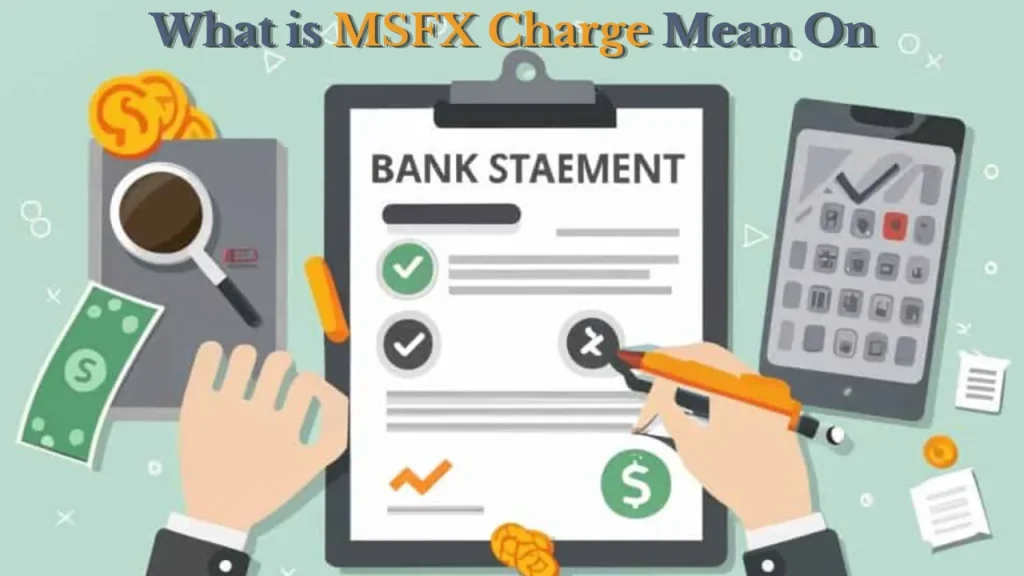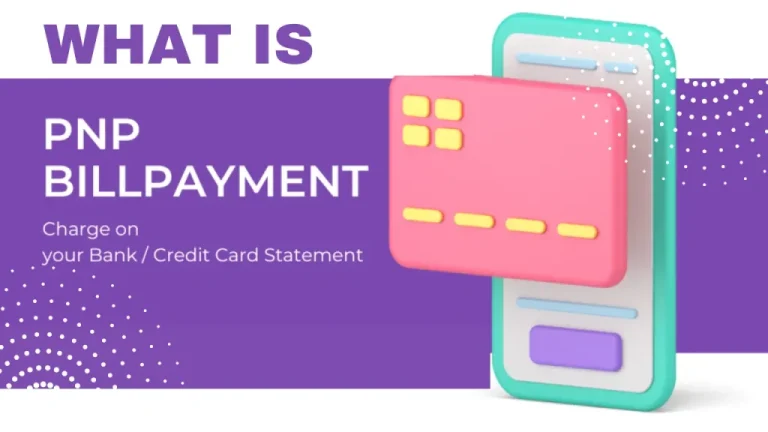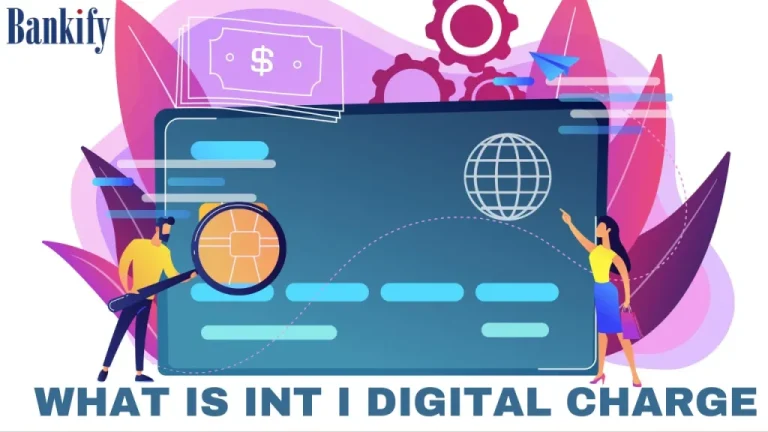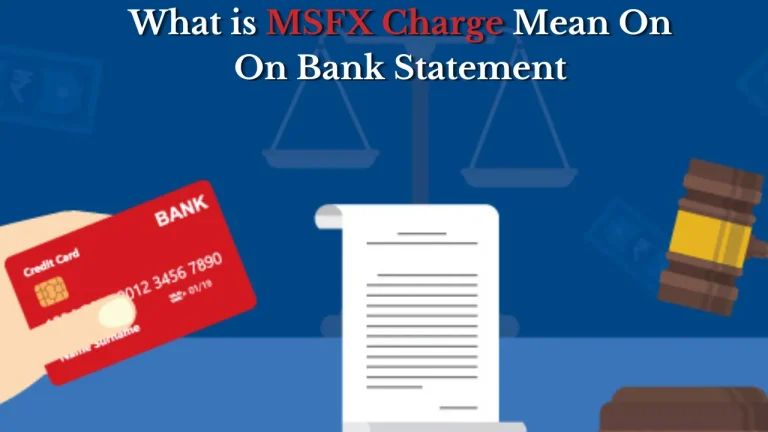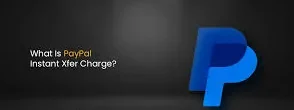What is MSFX on my bank statement?
If MSFX charges appear on your bank statement and you don’t know why this charge appears or how to stop it, here’s what you need to know. MSFX charges appear when you use a debit card or credit card at Marks and Spencer Financial Exchange to exchange the currencies. To better understand these charges on your bank statement, read the following lines.
MSFX stands for
“Marks and Spencer Financial Exchange”
MSFX bank statement means
If you have noticed MSFX on your bank statements, it indicates this charge appeared by the Marks and Spencer Financial Exchange.
What is Marks and Spencer Financial Exchange?
Marks and Spencer Financial Exchange is a currency exchange service provided by Marks and Spencer.

MSFX charge mean
MSFX charge is a currency exchange fee that appears on your bank statement when you use services by Marks and Spencer Financial Exchange. The fee’s amount can vary depending on the amount of currency exchanged, the type of currency, and the current exchange rate.
What is MSFX on my bank statement?
An MSFX charge is a fee on your bank statement associated with currency exchange by Marks and Spencer Financial Services. The amount of the fee is based on various factors, including the quantity of currency exchanged, the currency type, and the exchange rate at the time of the transaction.
MSFX meaning
Marks and Spencer Financial Exchange
What is MSFX?
If you have noticed MSFX on bank statements, it indicates that the charge is applied by the Marks and Spencer Financial Exchange.
MSFX bank charge explanation
The MSFX bank charge on your bank statement is a result of using financial products or services offered by Marks and Spencer Financial Services.
How to stop MSFX on bank statements?
MSFX charges on bank statements appear due to using financial products or services offered by Marks and Spencer Financial Services. To stop or reduce these charges, consider the following steps:
Use Local Currency Accounts
If you frequently deal with foreign currencies, open an account in the currency you use most often. This can help you avoid currency exchange fees.
Choose Cards with No Foreign Transaction Fees
Some credit cards offer zero foreign exchange transaction fees. Choose these when making purchases in a different currency.
Use ATMs Wisely
If you need cash in other currency, withdraw in larger amounts to minimize transaction fees. Avoid ATMs at airports or tourist areas, as they usually have higher fees.
Research Banks and Payment Services
Some banks and payment services offer more favorable terms for international transactions. Find that with the lowest fees.
How MSFX charges appear on a bank statement
If you use your credit card at Marks and Spencer Financials for currency exchange, the MSFX charge will be listed as “MSFX” on your statement. This code may be followed by a description of the charge, such as “interest charge,” “annual fee,” or “late payment fee.”
MSFX codes
- MSFX Swindon
- M&S FINANCIAL SERVICES
- M&S BANK
- MS
- MARKS & SPENCER FIN
- MARKS & SPENCER MONEY
- MS LOAN
- MS CREDIT CARD
- MS INSURANCE
- MS PERSONAL LOAN
- M&S CREDIT CARD
- M&S LOAN REPAYMENT
Short note on MSFX charges on a bank statement
MSFX charges on your bank statement appear by Marks and Spencer Financial Exchange when you use a debit card or credit card to exchange currencies. “MSFX” on a bank statement indicates services used by Marks and Spencer Financial Exchange. Marks and Spencer Financial Exchange is a foreign exchange service provided by Marks and Spencer.
